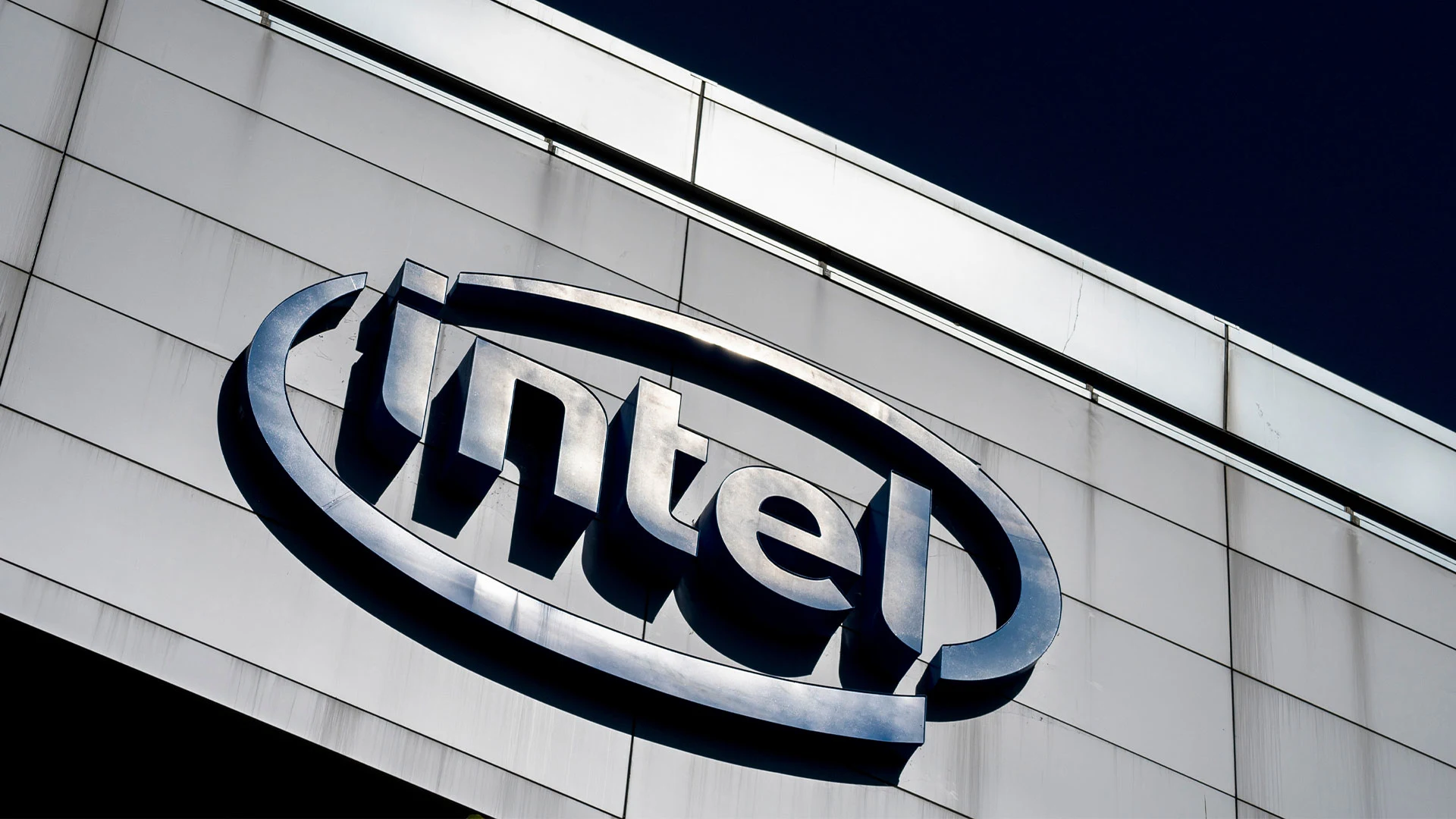This story originally appeared in The Technology Letter and is republished here with permission.
Shares of Intel jumped 3% Friday as The Wall Street Journal’s Lauren Thomas, Laura Cooper, and Asa Fitch reported that Qualcomm has approached Intel about acquiring it for perhaps as much as $90 billion, citing multiple unnamed sources.
The “massive” deal, as the authors put it, is financially daunting, as Qualcomm has just $13 billion in cash and equivalents on its balance sheet against $13 billion of long-term debt. Even a mostly stock exchange would require some large debt raise. Intel, moreover, already has $19 billion of net long-term debt.
The deal is much larger than Qualcomm’s attempted acquisition of NXP Semiconductor in 2016 for $38 billion. That was initiated at a time when Qualcomm had an enormous amount of cash trapped overseas prior to 2017’s Tax Cuts and Jobs Act that let Qualcomm bring it back to the U.S. (Qualcomm ultimately spent $22 billion of repatriated money on buybacks when the NXP deal was canceled.)
The profile of the combination, moreover, would be financially unattractive, as Intel has a 35% gross profit margin to Qualcomm’s 76%. And Qualcomm’s pretax operating margin is near 30%, whereas Intel’s is break-even on an adjusted basis, but actually negative by 15% when all costs are factored in. Intel would immediately dilute Qualcomm’s profit profile.
Assuming, however, Qualcomm could pull it off financially, what are the synergies— meaning, what is to be gained financially and strategically from such a move?
What Qualcomm needs most is diversification, as it is still considered by investors to be a cell phone chipmaker. It still gets about 70% of its chip revenue quarterly from mobile, even though Qualcomm has for several years been selling chips into the Internet of Things (IoT) market and the automotive market.
